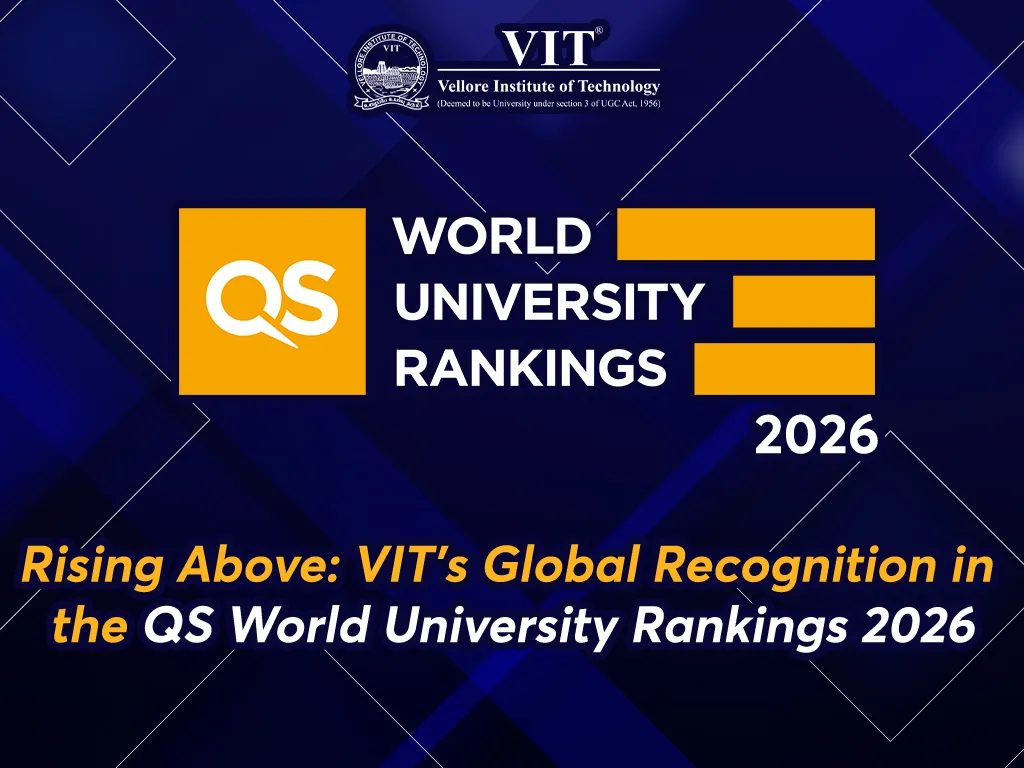Job Opportunities and Scope of Employment after MBA in Human Resources
Job Opportunities and Scope of Employment after MBA in Human Resources
Dr.T.N.V.R.Swamy
Professor and Area Chair OB & HR
VITBS
Pursuing an MBA in HR Management opens up a plethora of job opportunities for graduates in the rapidly evolving corporate landscape. As organizations have begun to better understand the importance of effective human resource practices, the demand for skilled HR professionals is on a growth spree. This article explores the career prospects available for individuals who have completed MBA in HR and associated disciplines and highlights its significance in today’s job market.
One of the most popular career roles for MBA graduates is that of HR Managers. These professionals are responsible for overseeing the recruitment, training, and development of employees, ensuring that organizations maximize their workforce potential. With an MBA in Human Resource Management, the managers are equipped with the necessary skills to handle complex HR challenges, making them valuable assets to employers. In addition to HR Manager roles, there are various other job options to explore. Positions such as Talent Acquisition Specialist, Training and Development Manager, Compensation and Benefits Manager, and Employee Relations Manager are just a few examples. Each of these roles play a crucial part in shaping the workforce and aligning HR strategies with organizational goals.
When considering where to pursue an MBA in HR, prospective students should look for the best colleges offering MBA Programme in Human Resource Management. Institutions that offer comprehensive programs with practical exposure and industry connections can significantly enhance a graduate’s employability. These programs often cover essential areas such as labour laws, organizational behaviour, and performance management, preparing students for the dynamic challenges of HR roles. Furthermore, an MBA with a Specialisation in HR allows students to delve deeper into specific areas of human resource management. This focus can provide a competitive edge in the job market, as employers often seek candidates with specialized knowledge and skills. Students can choose electives in fields such as Strategic HR Management, Diversity and Inclusion, or International HR Practices, tailoring their programme to suit their career aspirations.
In conclusion, the scope of employment after completing an MBA in HR Management is vast and varied. With the right qualifications and skills, graduates can pursue rewarding careers as HR Managers and in other specialized HR roles. The increasing emphasis on Human Capital Development ensures that the demand for qualified HR professionals will remain strong, making this specialization a promising choice for aspiring business leaders.






